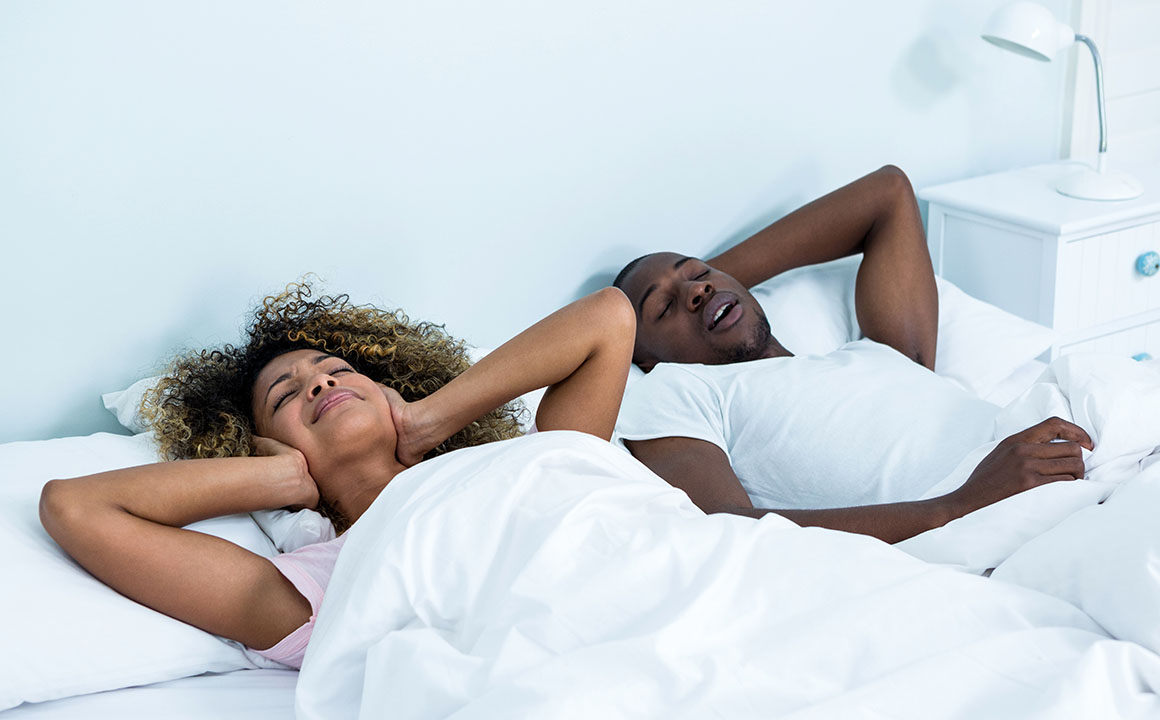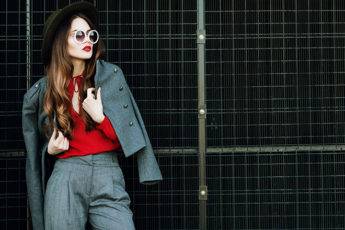Is It Safe To Wear Ear Muffs While Sleeping?

Even noises that don’t necessarily wake you up can affect the quality of your sleep. For example, environmental noise, such as vehicle traffic, has been shown to reduce REM sleep. In case you don’t know, this is the most important stage of sleep.
These things are the reasons why earplugs and ear muffs for sleeping are very popular. As you can imagine, they make for a handy tool not just for light sleepers but also for those who live in noisy neighborhoods.
If you’re considering getting one for yourself, you might be curious about the potential consequences of wearing them while sleeping. To help ease your mind, let’s talk about what could happen if you do.
What Are Ear Muffs?
Noise is one of the most common causes of disrupted sleep. Exposure to too much of it can impact your sleep cycle, leading to problems the next day. Without quality sleep, you’ll feel short-term effects, like exhaustion and restlessness, as well as long-term issues that can affect your mental health.
This is where ear muffs come in. At first glance, it’s easy to see that these ear cushions are designed like headphones. They have soft earcups that fit perfectly around the ear and can be made of varying materials.
If you’re like most people, you don’t like having something “stuck” in your ears, especially when they sleep. For this reason, ear muffs are a great solution. Because you don’t insert them into your ear canal as you would earplugs, many find ear muffs more comfortable to use. Plus, their bigger size also makes it less likely for you to misplace them.
Ear muffs are easy to wear and take off, so keeping them clean isn’t going to be a problem. What’s more, they can also help keep your ears warm during cold nights, so you’re more than likely to have a night of cozy sleep.
Is It Safe To Wear Ear Muffs While Sleeping?
Generally speaking, it’s safe to sleep while wearing ear muffs. Like earplugs, they are an effective solution for blocking or lowering external noise while you sleep. They are made with soft cushions, so they don’t hurt your ears even if you wear them for long periods.
Compared to earplugs, ear muffs don’t feel as unnatural to wear because you’re not inserting them into your ear canal. Instead, the cushions simply cup your ears, so there’s not much pressure that it feels weird.
Like earplugs, ear muffs are a safe and effective way of improving sleep quality. In some studies, the use of these devices, along with eye masks, has been shown to increase rapid eye movement (REM) sleep, the deepest form of sleep essential to important brain functions, like memory consolidation.
Ear muffs are safer to use than earplugs because they are less likely to cause wax buildup. Earplugs push earwax back into your ear, causing a buildup. Over time, this can lead to several problems, including tinnitus and temporary hearing loss.
What’s more, the daily use of earplugs can increase the risk of ear infections. If you have an ear infection, you should use ear muffs instead of earplugs so that you don’t aggravate the problem.
What Are the Disadvantages of Wearing Ear Muffs While Sleeping?
Ear muffs are not as effective as earplugs in blocking noise. That is, they don’t eliminate external sound. So, if you live in a very noisy area, you might still hear ambient sounds. If this is a concern to you, you’re better off with earplugs.
Since you wear ear muffs like headphones, you will be limited in terms of sleeping positions. For example, sleeping on your side might feel uncomfortable, sometimes even painful on your ear. The best way to sleep with ear muffs is to lie on your back. You may also look for ear muffs that come with eye masks for a deeper and more restful sleep.
While ear muffs are safe to use for sleeping at night, we don’t recommend wearing them each night as you may feel discomfort over time. Wear them only when you feel like the noise in your surroundings is too loud.
Alternatively, there are some adjustments you can make in your bedroom to be able to sleep in peace. For instance, use carpets and floor coverings, along with curtains on windows, to muffle outside noise. You can also use white noise or constant, soothing sounds that mask distracting noise. Some prefer natural sounds like breaking waves, rain falling, or wind blowing the trees.
Wearing Ear Muffs While Sleeping
When the outside noise seems uncontrollable and hinders you from getting quality sleep, you can depend on ear muffs to save the day. They have soft and flexible cups that protect your ears as you doze off.
You can use ear muffs while taking a nap on the plane or at your desk during office breaks. You can also use them when sleeping at night, although it is not advisable to use them every night. If you feel any discomfort, take off your ear muffs and consider the alternatives we mentioned above.
Share via:





Leave a Comment